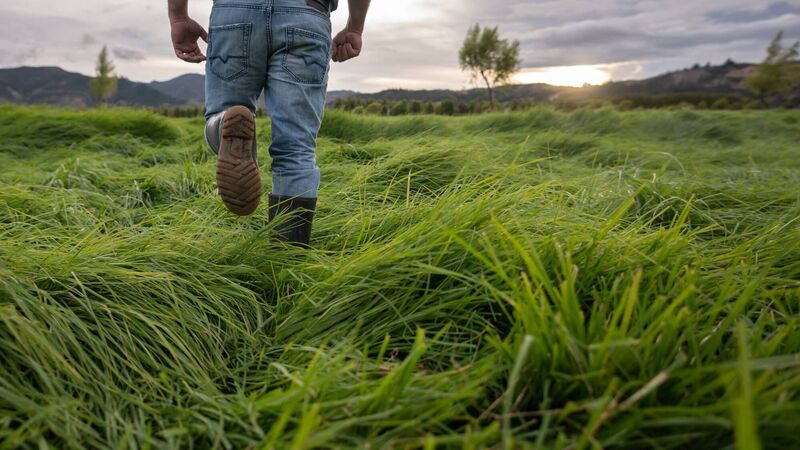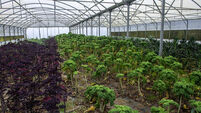Farmers at twice the risk of suicide than non-farming community

Survey of 457 farmers found 22.8% were considered 'at risk of suicide'.
More than a fifth of farmers are considered at risk of dying by suicide and almost all know someone who has taken their own lives, experts have warned.
Separate analysis also found twice as many male farmers, aged over 65, died by probable suicide than men of the same age who were not in farming.













